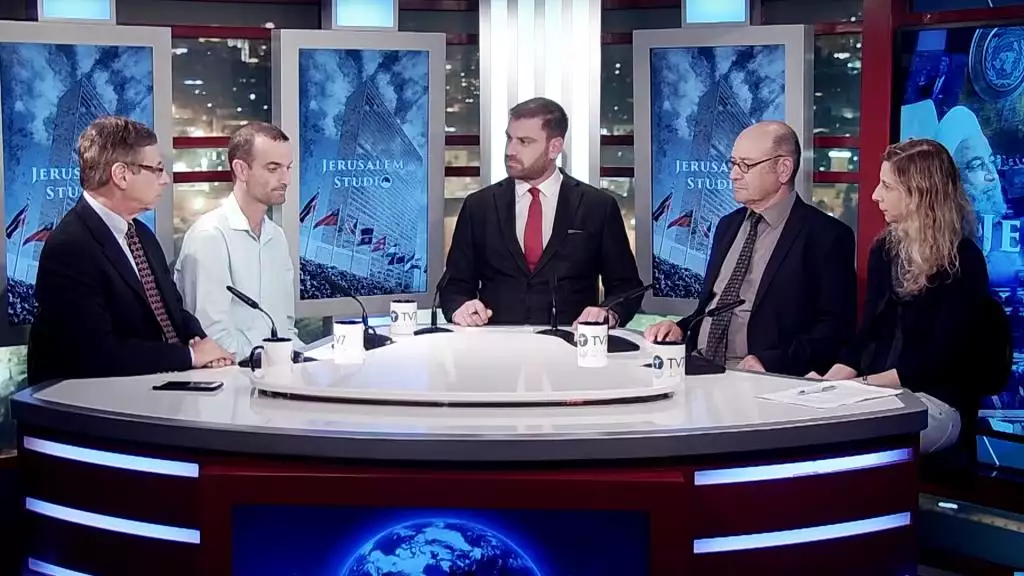
- 2x
- 1.5x
- 1.25x
- 1x, selected
- 0.75x
- 0.5x
- Chapters
- descriptions off, selected
- captions settings, opens captions settings dialog
- captions off, selected
- Finnish
- Swedish
This is a modal window.
Beginning of dialog window. Escape will cancel and close the window.
End of dialog window.
Iran’s nuclear advances amid diplomatic deadlock
Such a deal, he said, was better than the present situation, because without it “Iran advanced its program by accumulating sufficient quantities of enriched uranium and making technological gains that have left the breakout time as short as roughly a few weeks, limiting our window to warn of and react.” The problem is exacerbated, said Malley, “by international inspectors at the International Atomic Energy Agency having less information and access to detect and deter Iranian attempt to pursue covert activities.”
Is that really the case, and if so, what are the implications? To deliberate this matter, we are joined from New York city by Dr. Olli Heinonen Former Deputy Director General IAEA and a Distinguished fellow, Stimson center, Washington DC. Also joining us here in the studio is Col. (Ret.) Dr. Eran Lerman, Co-host TV7 Middle East Review, Powers-in-Play Panelist, JISS VP and Editor in Chief of the Jerusalem Strategic Tribune, and Amir Oren, TV7 Editor at Large, Host of TV7 Watchmen Talk & Powers in Play.
Jerusalem Studio
The program is hosted by TV7 Israel News anchor Jonathan Hessen.